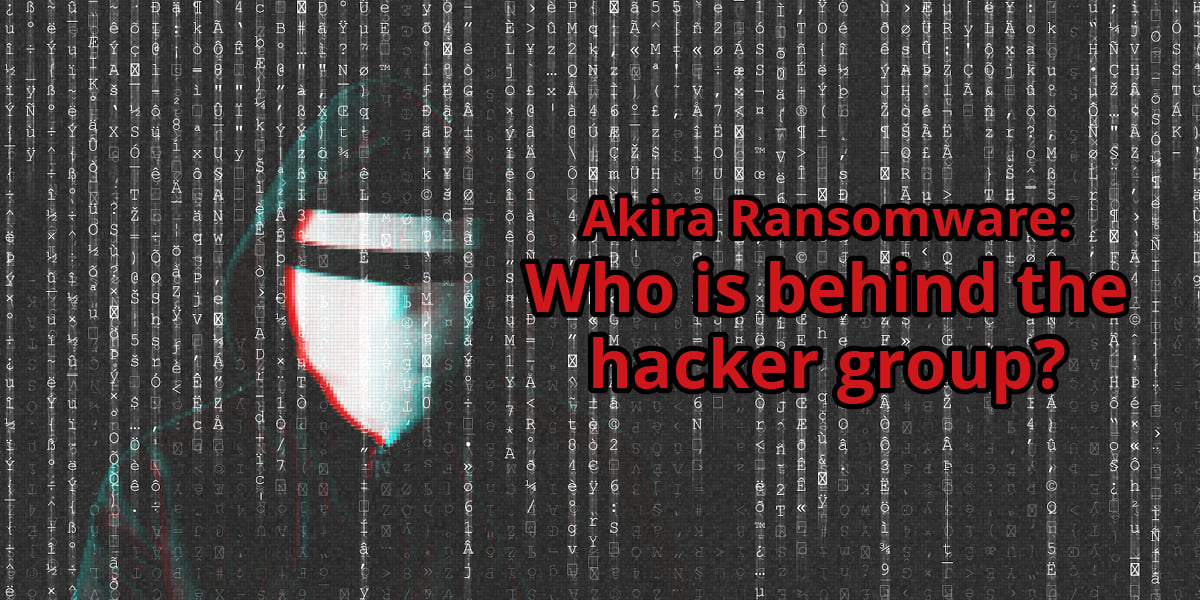

Akira Ransomware Artikel ENG Animiert
Akira Ransomware Artikel ENG Animiert
24/7 monitoring and incident response
Zscaler has announced the acquisition of Denver-based MDR specialist Red Canary. With the acquisition, zero-trust provider Zscaler wants to position itself in the growing market for managed detection and response. The deal is expected to close in August.
Thousand reports
Music streaming giant Spotify experienced widespread disruptions today, leaving thousands of users across the United Kingdom and United States unable to access their favorite tracks and playlists.
Network speed of foreign online services throttled
Kremlin leader Vladimir Putin wants to block the services of Western IT companies that have left Russia.
With SAP and Aleph Alpha
The Lidl Group is going on the offensive: Schwarz Digits announced its frontal attack on AWS, Microsoft and Google at the Technology Experience Convention in Heilbronn. With its own cloud STACKIT, the Schwarz Group aims to become the dominant force in the European cloud market.
Affected customers contacted
Cyber criminals have gained access to Adidas customer data via an external customer service provider.
64 GB of data
The world’s largest Coca-Cola bottler, Coca-Cola Europacific Partners, has become the target of a hacker attack, according to darknet actors. The company’s Salesforce infrastructure is apparently affected.
Sapphire Conference
At the Sapphire conference, the Walldorf-based software group announced measures to combat the notoriously high implementation costs. A new approach is intended to make ERP implementation more efficient.
Claude Opus 4 and Claude Sonnet 4
Anthropic has unveiled two new AI models that can perform complex tasks autonomously for hours on end. The company sees this as a paradigm shift from simple chatbots to autonomous work agents.
Higher than ever before
Bitcoin has climbed to a record high on hopes of an easing of crypto regulation in the US. The oldest and best-known digital currency rose to 109,500 US dollars on the Bitstamp trading platform, its highest level ever.










